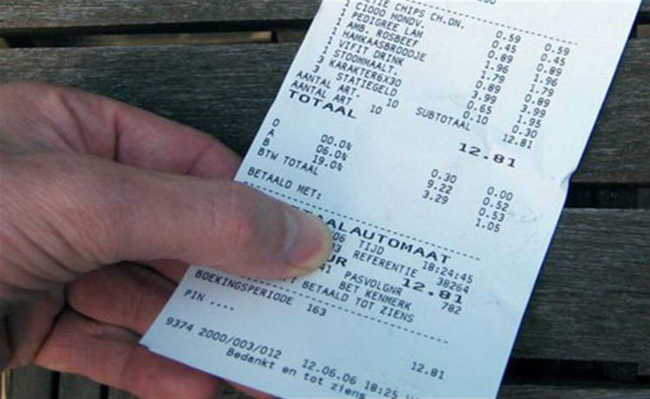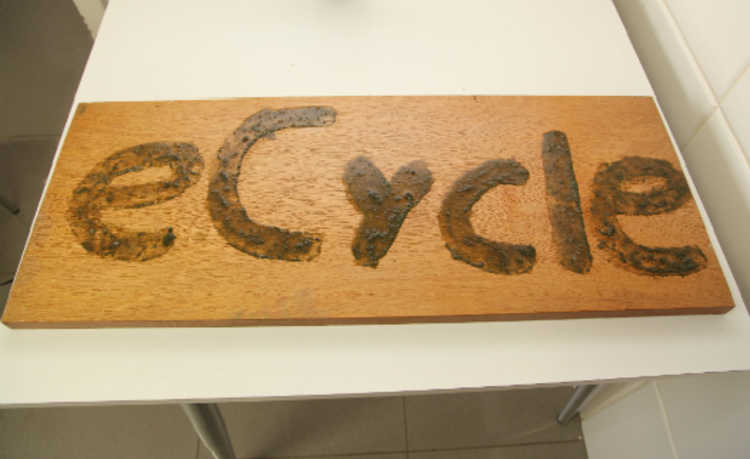Gastritis: symptoms, causes and how to treat
Gastritis is caused by several factors and can be treated with changes in diet or medication.

Trần Toàn image from Unsplash
Gastritis is an inflammation of the stomach walls that can have many causes, types and symptoms. The most common symptoms of gastritis are: stabbing pain in the pit of the stomach, a lump in the throat, and burning sensations that appear right after meals. These symptoms may continue even when taking antacids. There may also be feeling sick or a very full stomach, delayed digestion and frequent belching, swollen and painful stomach area, loss of appetite, vomiting or retching.
Types, causes and treatments
For each type of gastritis there is a different cause that will be explained below, to treat gastritis it is recommended to seek a doctor or doctor so that he prescribes the necessary medications. Gastritis is a problem that can become very serious and, depending on the type, if not treated correctly, it can even develop into cancer. The main types of gastritis are:
nervous gastritis
As the name says, it appears in situations of fear, stress and anxiety. Symptoms of nervous gastritis are heartburn, frequent belching, vomiting, and a feeling of a full stomach. Doctors often prescribe medications such as antacids and tranquilizers, also asking for changes in diet and physical activity, as they help reduce stress and nervousness.
Acute gastritis
It is usually caused by the bacteria. Helicobacter pylori, which is present in the stomach of 80% of the population and the main symptoms of this type of gastritis are nausea, vomiting and pain, which usually start suddenly. As treatment, doctors often prescribe antibiotics, antacids, and changes in diet and physical activity. If left untreated, this acute gastritis can become chronic.
Chronic gastritis
It is characterized by prolonged symptoms, with a gradual increase in stomach inflammation; if left untreated, it can severely damage the stomach walls. To treat chronic gastritis, doctors often prescribe antacids and gastric protectants; antibiotics are recommended by specialists in cases where gastritis is caused by the bacteria Helicobacter pylori. A proper diet and intake of vitamin B12 supplements are also part of the treatment, as this type of gastritis can cause anemia due to lack of the vitamin.
eosinophilic gastritis
It is characterized by the increase of immune cells in the stomach, causing inflammation and symptoms such as nausea, vomiting and heartburn, and it mainly affects people who have some type of allergy. For this type of gastritis, doctors often prescribe steroid medications.
enanthematous gastritis
It arises when there is inflammation in the deepest layer of the stomach wall, which can manifest itself as a result of bacterial infections, autoimmune diseases, frequent use of aspirin or anti-inflammatory drugs, and alcoholism. Its symptoms are indigestion, gas and vomiting. For treatment, doctors usually recommend antacids and a diet low in caffeine, sweets and fats.
I have gastritis, what do I need to change in my diet?
What to include in the diet:
- White and ricotta cheese, avoiding yellow and greasy ones;
- Teas, except those of maté, black or containing caffeine;
- Skimmed milk;
- Fruit juice, except citrus, such as orange, pineapple or lemon;
- Crumbless bread, avoiding white flour breads such as French bread;
- Gelatin agar;
- Fresh unpeeled or cooked fruits;
- Creams with cornstarch porridge;
- Use fine herbs to season, avoiding ready-made sauces, pepper, mustard, garlic or onion;
- Low-fat fish and chicken;
- Rice and beans;
- Vegetables and vegetables;
- Whole Foods.
What to take off the diet:
- Chocolate;
- Spicy or heavily seasoned cheeses;
- citrus juices;
- citrus fruits;
- Milk with chocolate;
- Milk and its derivatives: yogurt, ice cream, etc.;
- Cocoa hot chocolate;
- Any beverage that contains caffeine and soft drinks;
- Mint tea;
- Black tea;
- Alcoholic beverages;
- Foods with coloring and preservatives;
- Spicy foods and any type of pepper;
- Tomato and by-products such as pasta and tomato sauce;
- Bubble gum;
- Sausage, bacon and red meat;
- Processed foods: pasta, bread, products with added sugar, foods with trans fat, refined vegetable oils, fried foods and pasteurized dairy products;
- Mustard and Nutmeg Seeds;
- canned sweets;
- Greasy food;
- stuffed biscuits and industrialized cakes;
- Puff pastry, kebab, hamburger and hot dog;
- Pork and sausages such as sausage, ham and mortadella.
Other important information
It is recommended to eat every three hours and, for those who are addicted to smoking, it is recommended to stop - the same should be done with regard to alcohol consumption.










